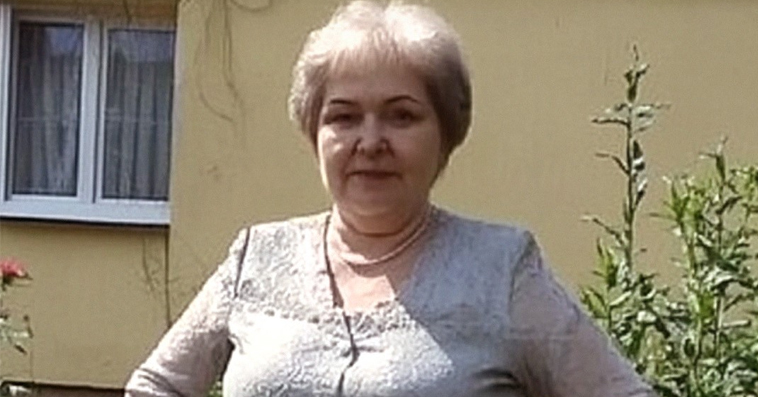When my mother-in-law offered to host my kids for a holiday week, I thought it was a harmless opportunity for bonding and a chance for me to catch my breath. Little did I know, it would lead to a discovery that would forever alter the way I viewed her.
I’m Abby, 34, married to Brad for seven years, and together we have two kids: Lucas, 8, and Sophie, 6. My mother-in-law, Jean, is in her late 60s. Our relationship had always been cordial—polite conversations, occasional dinners, and a mutual effort to coexist peacefully.
Jean, however, had a reputation for being intense. She exuded this energy as though she needed to prove she was the ultimate grandmother. But her controlling tendencies often rubbed me the wrong way.
“She’s just old-fashioned,” Brad would say whenever I brought it up. “She means well.”
I tried to believe him, brushing off incidents like her calling Lucas her boy or scolding Sophie for eating with her hands. But when Jean called last month, cheerfully suggesting she take Lucas and Sophie for a week during their holiday break, I felt uneasy.
“A week?” I echoed, caught off guard.
“Yes! I’d love to spoil them rotten and give you and Brad a little breather,” she said enthusiastically.
Brad gave me an encouraging nod. “They’ll have fun.”
Reluctantly, I agreed. Before dropping them off, I handed Jean $1,000 to cover their expenses.
“This is to make sure you don’t have to dip into your savings for groceries or activities,” I said.
Jean seemed surprised but quickly smiled. “Oh, Abby, that’s so thoughtful! I’ll make sure they have the best week ever.”
Throughout the week, I found myself missing the kids more than I anticipated. When the day finally came to pick them up, I was thrilled. But as I pulled into Jean’s driveway, something felt off.
The house was silent—eerily so. Jean greeted me with an over-the-top cheeriness that didn’t feel genuine.
“Where are the kids?” I asked, scanning the living room.
“They’re outside, helping with the garden,” she replied breezily.
“Helping? What kind of help?” My unease deepened.
“Oh, just little things. They’re such hard workers!”
I followed the faint sound of voices to the backyard, where I found Lucas and Sophie covered in dirt, their faces weary and their clothes disheveled. My heart sank.
“Mom!” Lucas exclaimed, running to hug me. Sophie followed, her small frame trembling.
“What’s going on here?” I demanded, turning to Jean.
“They’ve been helping me in the garden,” she said defensively. “A little hard work never hurt anyone.”
Lucas spoke up, his voice trembling. “Grandma said if we worked hard, we’d go to the park, but we never went.”
Sophie added, “I wanted to stop, but she said we had to finish.”
Fury boiled inside me as I turned to Jean. “You promised me you’d spoil them, not put them to work! Where’s the money I gave you for their expenses?”
Jean hesitated, then admitted, “I used it to pay some bills. I thought… well, they could help around here, and it would be good for them.”
“You used my children as free labor?” I asked, my voice trembling with anger.
Jean flinched. “I didn’t mean it like that. They need to learn responsibility!”
“They’re children, Jean. They needed a break, not this,” I said, gesturing to their exhausted faces.
Gathering my kids, I turned to Jean one last time. “I trusted you, and you broke that trust. This will never happen again.”
As we walked to the car, Lucas clung to my hand while Sophie rested her head on my shoulder. Their silence spoke volumes, but I vowed that their voices would always be heard from now on. Jean’s version of “help” would never overshadow their right to just be kids.


